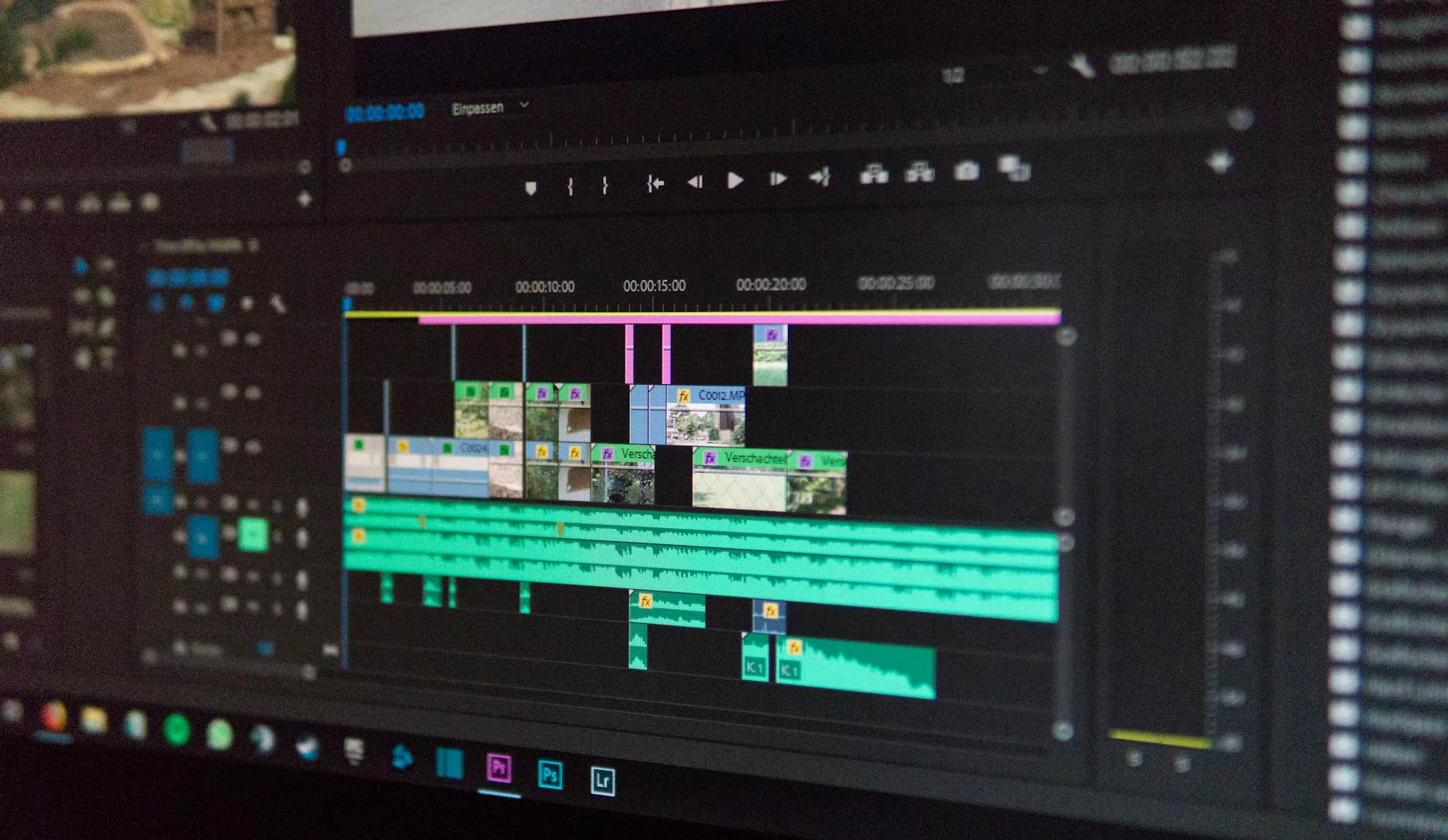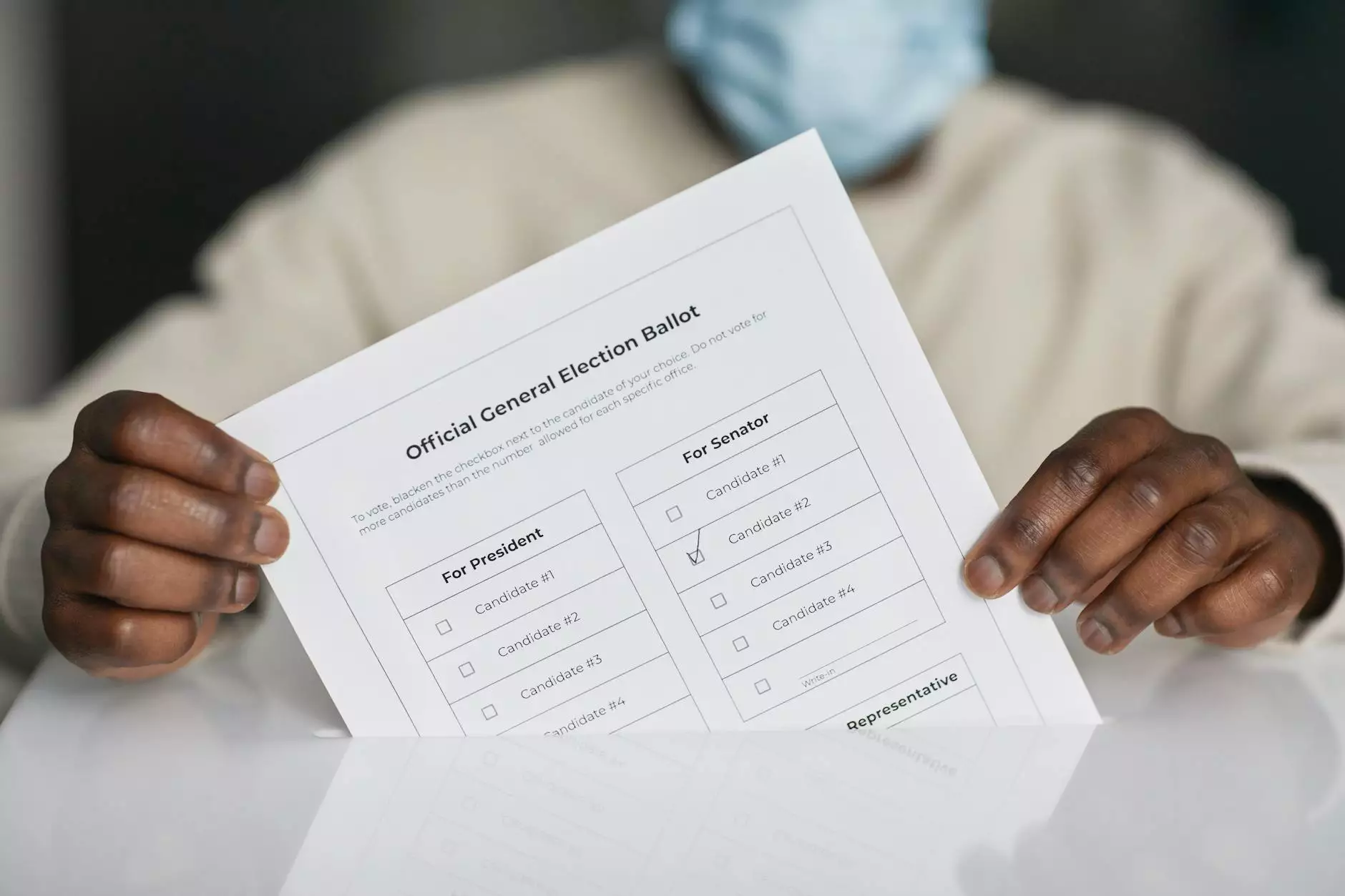Trekking to Everest Base Camp Cost: A Comprehensive Guide

As the ultimate destination for trekking enthusiasts, Everest Base Camp (EBC) attracts thousands of adventurers each year. However, planning such an expedition requires careful consideration—especially regarding the cost. This article provides an in-depth analysis of the various expenses involved, enabling you to budget effectively for an unforgettable experience.
Understanding the Basics of Trekking to Everest Base Camp
The journey to Everest Base Camp is not merely a trek; it’s a challenging adventure that demands physical preparation and financial investment. Before diving into the specifics of the trekking to Everest Base Camp cost, let’s consider key aspects of the journey:
- Duration: The trek typically takes around 12 to 14 days, including acclimatization days.
- Starting Point: Most treks begin in Lukla, which is reached by a short flight from Kathmandu.
- Altitude: The trek culminates at an altitude of 5,364 meters (17,598 feet), necessitating careful acclimatization.
What is the Total Cost of Trekking to Everest Base Camp?
The total cost of trekking to Everest Base Camp can vary widely based on several factors, including the trekking package you choose, your personal preferences, and the services included. On average, the total cost ranges from $1,200 to $3,000, but it could be higher based on additional factors. Below, we break down these costs:
1. Trekking Permits
One of the first costs to factor in is the required permits:
- Trekkers’ Information Management System (TIMS) Card: This card costs approximately $10 to $20 and is essential for all trekkers.
- Everest National Park Permit: The permit pricing is around $30 for SAARC nationals and $50 for all other foreign nationals.
2. Transportation Costs
Getting to Everest Base Camp requires travel logistics:
- Flight to Lukla: A flight from Kathmandu to Lukla typically costs between $180 to $200 round trip.
- Ground Transportation: You might need a taxi or bus to get from your hotel in Kathmandu to the airport, usually costing around $10 to $20.
3. Trekking Packages
Most trekkers opt for guided trips to ensure safety and convenience. The cost of guided treks can vary:
- Budget Groups: These packages can start at around $1,200, including food, accommodation, and a guide.
- Mid-Range Packages: Quality service and better lodgings for about $2,000.
- Luxury Treks: For a premium experience with luxury lodges and gourmet meals, expect to pay from $2,500 to $3,000+.
4. Gear and Equipment
Your gear can significantly impact your overall expense. Essentials like trekking boots, jackets, and sleeping bags should be factored into your budget. Here’s a rough estimate:
- Clothing and Footwear: Expect to spend around $300 to $800 on essential trekking apparel.
- Trekking Gear Rental: Renting can save money, costing approximately $100 to $300.
5. Food and Accommodation
During your trek, meals and lodging will also influence your budget:
- Meals: On average, food costs around $25 to $50 per day.
- Lodging: Tea house accommodations range from $5 to $30 per night.
Additional Costs to Consider
While the above items summarize the major costs, some additional expenses may arise:
- Insurance: It’s crucial to have travel insurance covering trekking in high-altitude areas—costing roughly $100 to $300.
- Sherpas and Porters: Hiring local guides or porters is advisable, costing about $20 to $30 per day for a porter and around $30 to $50 for a guide.
- Emergency Exits or Helicopter Evacuations: Budgeting for unexpected situations could range significantly in costs.
Tips for Reducing Your Trekking Costs
If you're looking to cut costs without compromising your experience, consider these tips:
- Travel in Off-Peak Seasons: Prices tend to be lower, and the trails are less crowded in the shoulder seasons of early spring or late autumn.
- Book Tickets in Advance: This allows for greater flexibility and more competitive pricing.
- Rent Instead of Buying Gear: This can save you substantial money, especially if you don’t trek frequently.
- Choose Budget Accommodations: Opt for basic tea houses which are sufficient for a good night’s sleep.
Conclusion: Budgeting for Your Everest Base Camp Trek
To sum up, the total cost of trekking to Everest Base Camp can vary based on multiple factors, including your travel style, method of booking, and personal preferences. By understanding the breakdown of each expense, you can create a more tailored budget that maximizes your experience without hidden costs. Whether you’re looking for an adventure of a lifetime or simply wish to witness the grandeur of the Himalayas, trekking to Everest Base Camp is a worthwhile investment.
For more information and assistance with planning your trek, visit us at nepaltrekkingtour.com. Our expert team is ready to guide you through every step of your journey.









